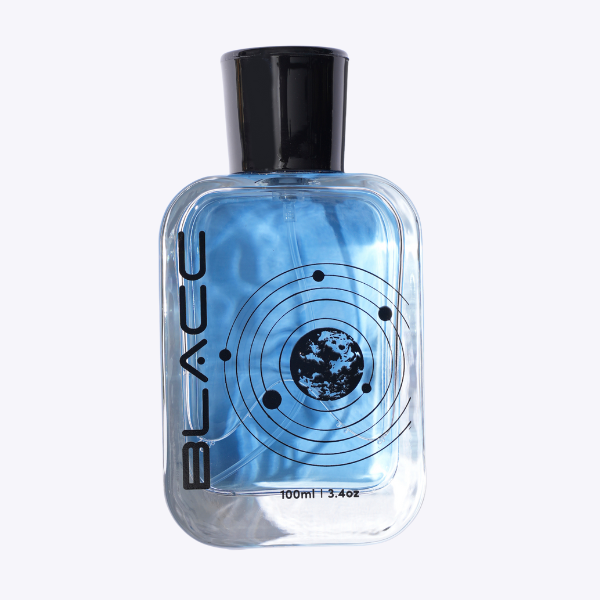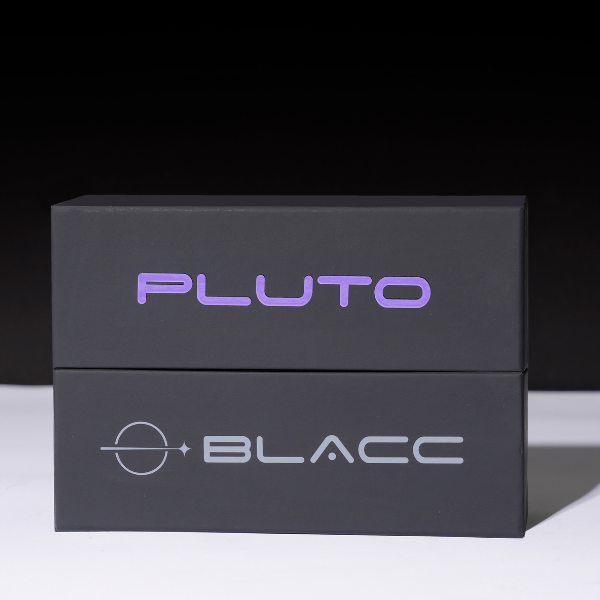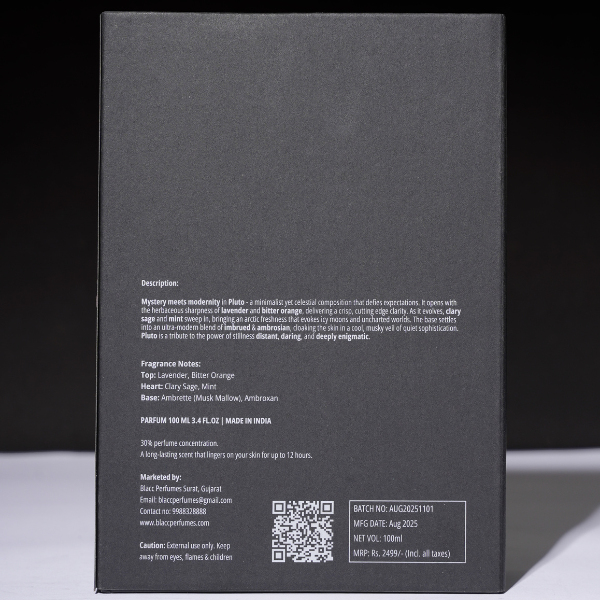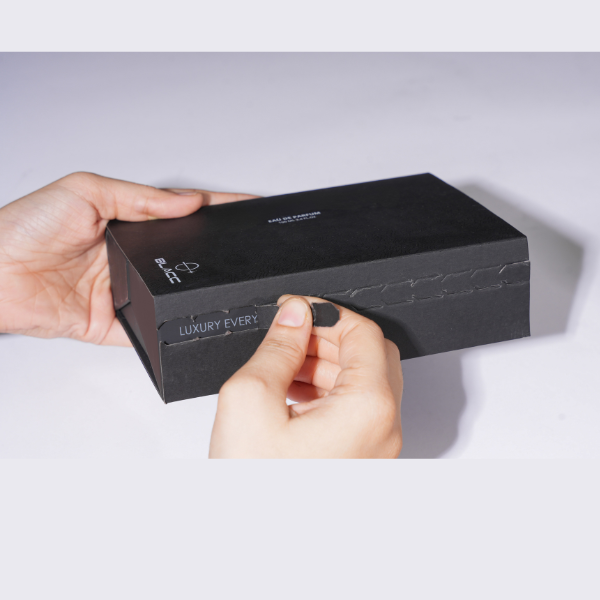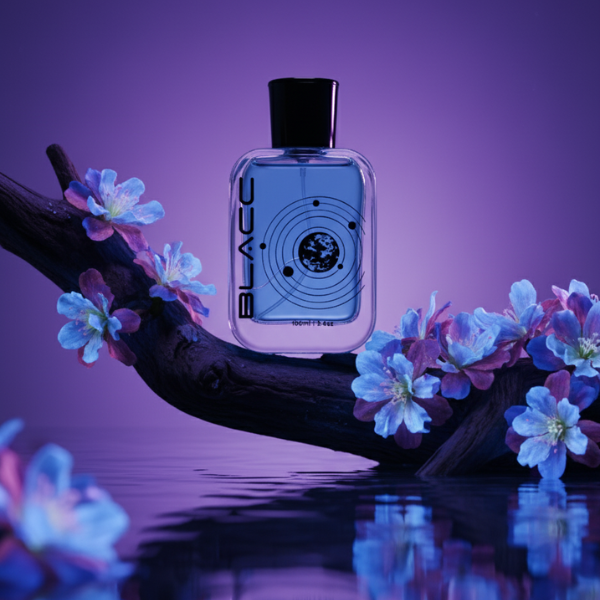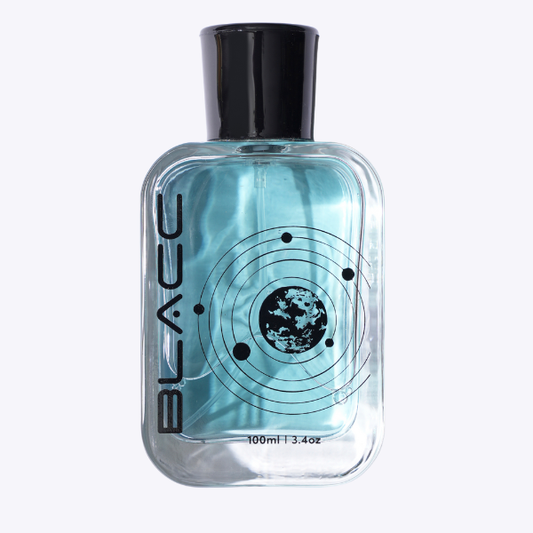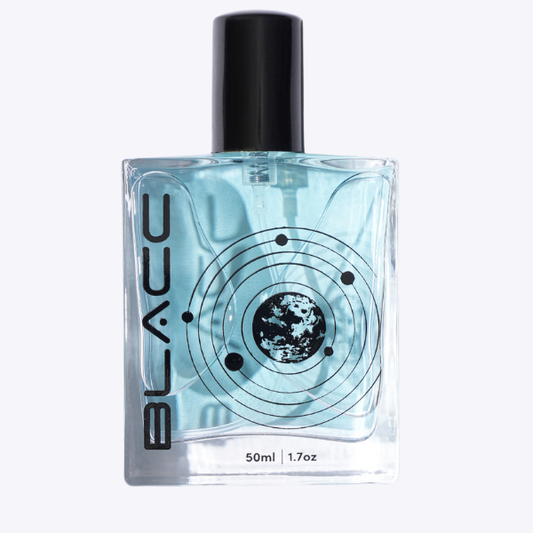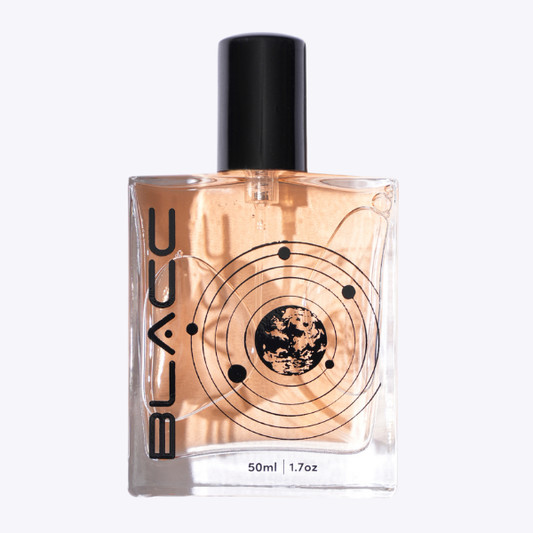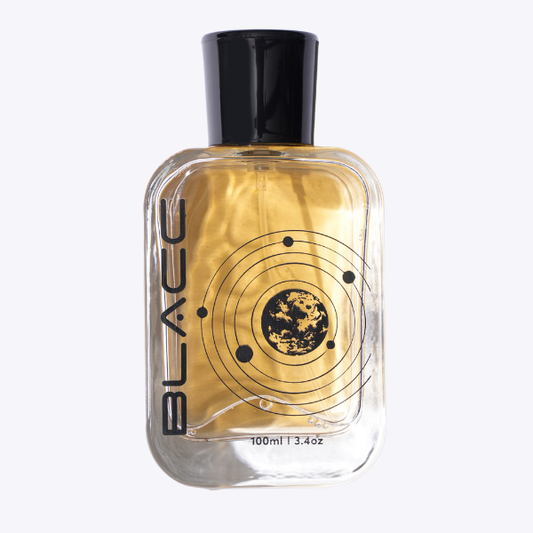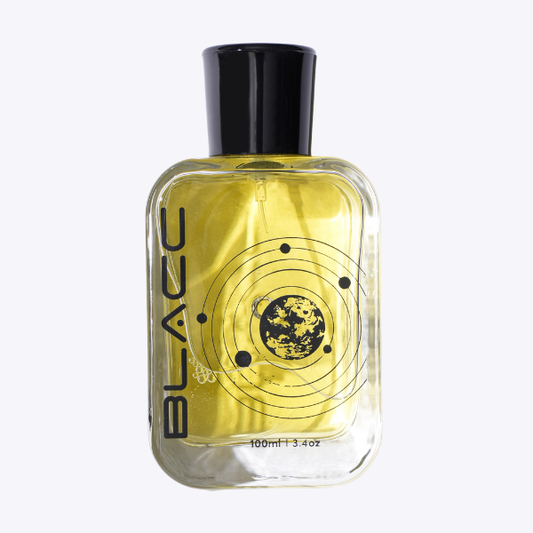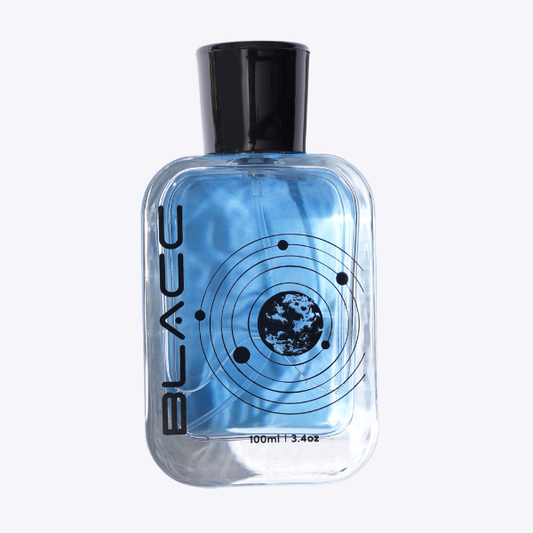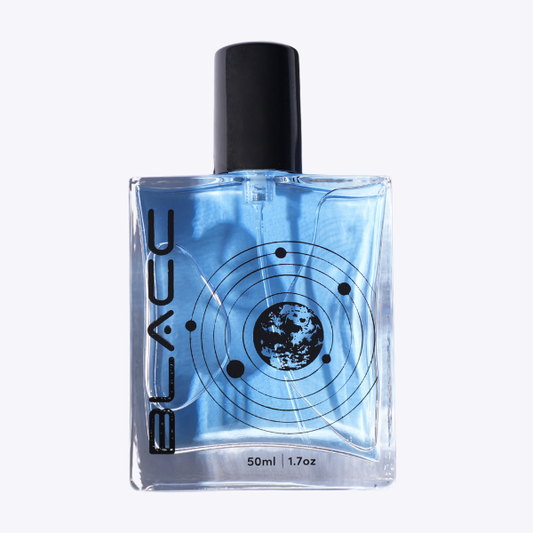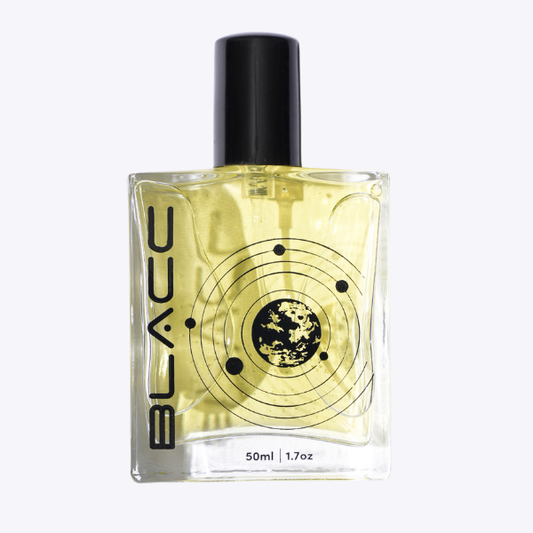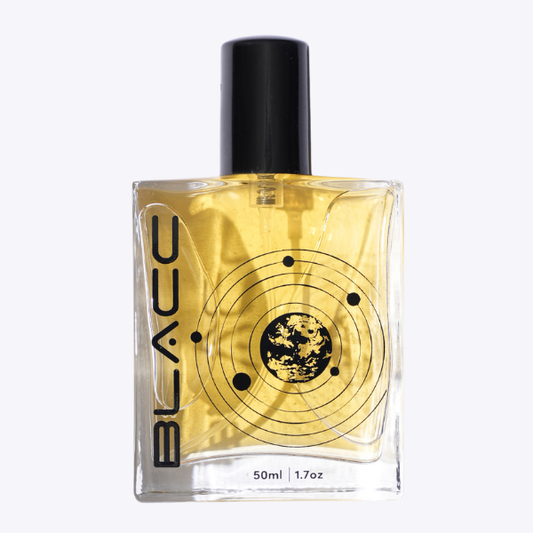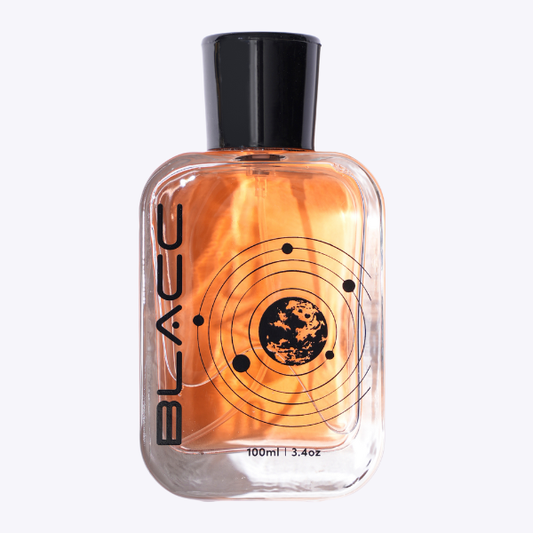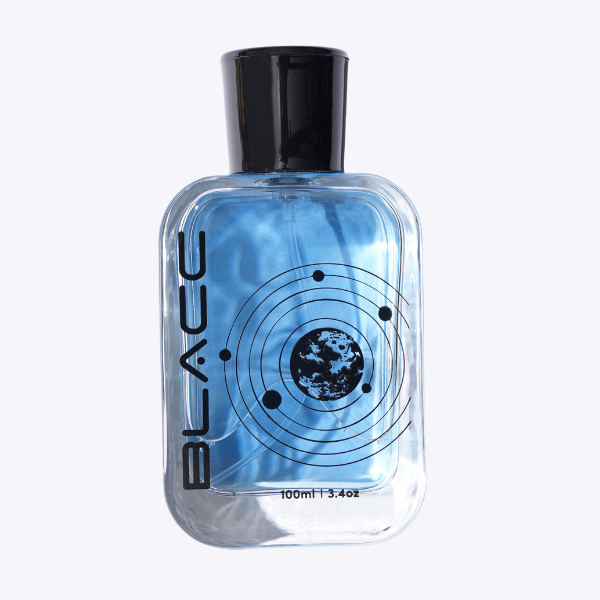
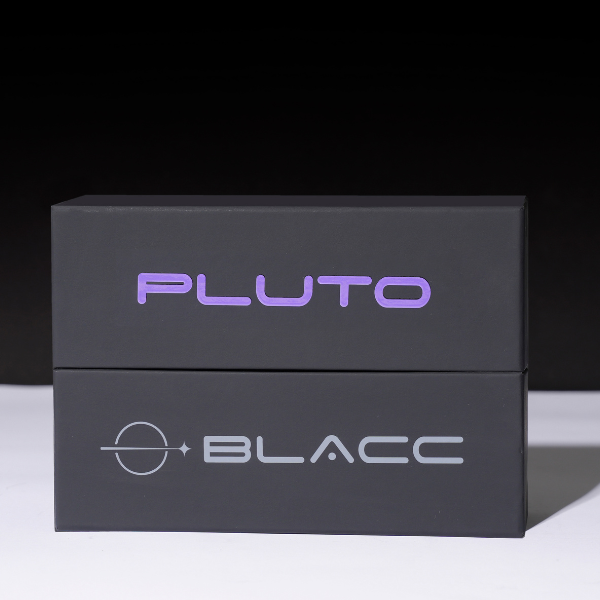
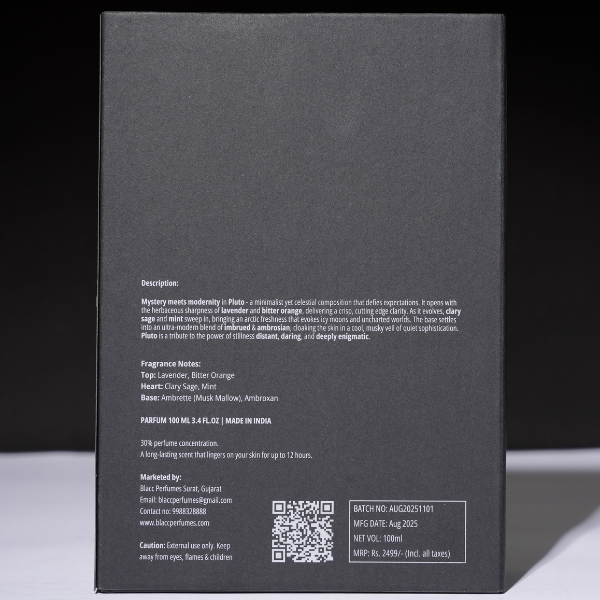
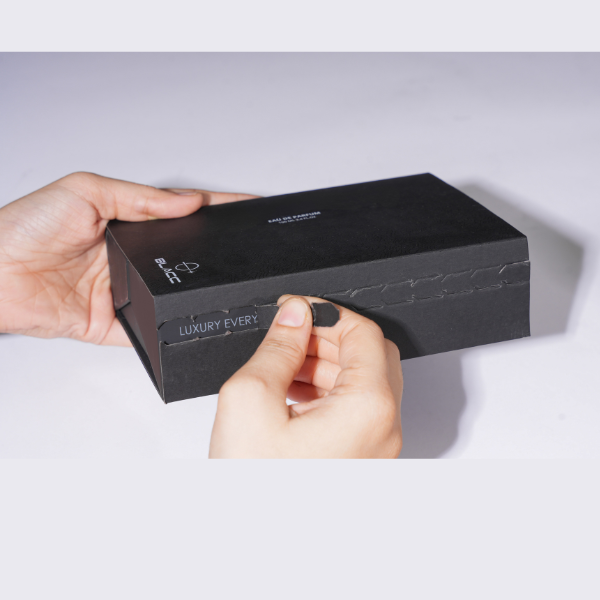
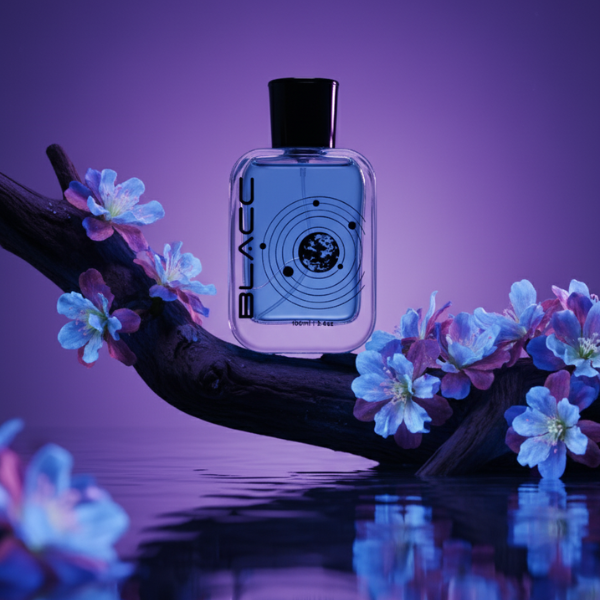
You may also like
DISCOVER OUR FRAGRANCES
Here’s What Sets Us Apart.
-
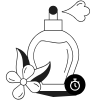
LONG-LASTING FRAGRANCES
Expertly formulated for our local climate, delivering all-day freshness and enduring elegance.
-
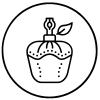
BEST-IN-CLASS
Experience premium-quality perfumes crafted with the finest ingredients and top-tier essential oils.
-

PROUDLY INDIAN
Rooted in Indian tradition, inspired by the world—where local passion meets global standards.
-

IFRA COMPLIANT
Dedicated to safety, sustainability, and transparency, we uphold the highest international standards in fragrance creation.
FAQs
Collapsible content
What is the difference between perfume, eau de parfum, eau de toilette, and cologne?
Perfume (Parfum/Extrait): Highest concentration of fragrance (20–30%), lasts 6–8 hours.
Eau de Parfum (EDP): 15–20% fragrance concentration, lasts 4–6 hours.
Eau de Toilette (EDT): 5–15% concentration, lighter and lasts 2–4 hours.
Cologne (Eau de Cologne): 2–5% concentration, very light and lasts 1–2 hours.
How should I apply perfume for it to last longer?
Apply on pulse points like wrists, neck, behind ears, and inner elbows. Moisturizing the skin beforehand helps retain the fragrance longer.
Can perfume cause allergies or skin irritation?
Some perfumes contain essential oils or alcohol that may irritate sensitive skin. Test a small patch before full application. Opt for hypoallergenic perfumes if you have sensitive skin.
How should I store my perfume?
Keep perfumes in a cool, dark place, away from sunlight and heat. Avoid storing in bathrooms as humidity can alter the scent.
How can I make my perfume last longer on my skin?
- Apply on moisturized skin.
- Layer with matching body lotion or oil.
- Spray on clothes (but check for staining).
- Avoid rubbing wrists together, as it can break down the scent.
Does perfume smell the same on everyone?
No. Body chemistry, diet, skin type, and even hormones can change how a perfume smells on your skin.
How long does perfume last in the bottle?
Generally 3–5 years if stored properly. Over time, the scent may fade or slightly change due to oxidation.
Can I use perfume on clothes?
Yes, but some perfumes may stain delicate fabrics. Always do a small test on hidden areas first.
What is the difference between natural and synthetic perfumes?
Natural perfumes: Made from essential oils, resins, and plant extracts.
Synthetic perfumes: Made from lab-created molecules that mimic natural scents. Both can be high-quality; preference depends on personal choice and sensitivity.
How do I choose the right perfume for me?
Consider your preferred fragrance families: floral, woody, oriental, citrus, fresh, or gourmand. Test on your skin rather than relying on paper strips, as perfumes react differently to body chemistry.

